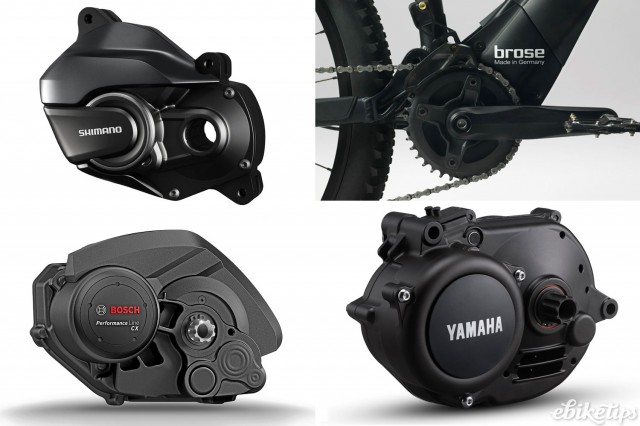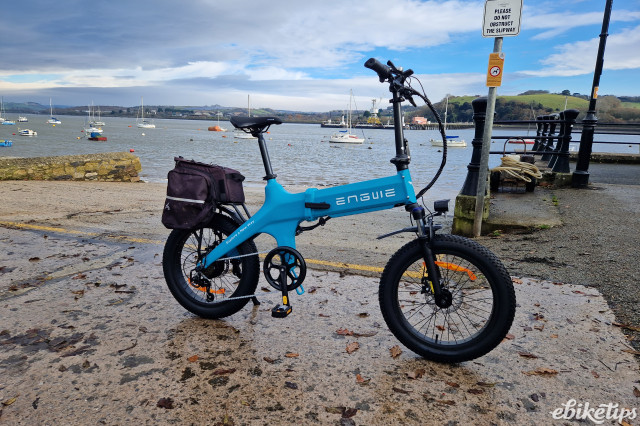The Bicycle Association (BA) and the Association of Cycle Traders (ACT) have issued a joint response to legislation proposed by Electrical Safety First (ESF) on e-bike fire safety, calling for third-party certification for e-bike and e-scooter batteries.
BA technical and policy director Peter Eland said the organisation and "all responsible companies in the UK cycle industry very much share Electrical Safety First’s urgent focus on public safety," and wish that the Government, "acts with all possible speed to address the root causes of the recent rise in e-scooter and e-bike fires."
However, Eland said that while introducing mandatory third-party testing can be part of the solution, “it must run alongside much stricter enforcement of product safety for products supplied to UK consumers direct from overseas sellers, often via online marketplaces.
"This has been identified by the Fire and Rescue services as a key area of concern for these lithium fires. Regulatory action to boost e-bike safety must address these high risk imports.”
> Potentially dangerous e-bike chargers again found on sale on Amazon and eBay
ESF recently released a report entitled: 'Battery Breakdown - Why are e-scooter and e-bike batteries exploding in people's homes and what can be done about it?' Other recommendations include a ban on ‘universal’ e-bike chargers and safety standards for conversion kits.
Eland added: “London Fire Brigade has also identified the app-based food delivery sector as a key area of concern due to the widespread use of bicycles converted to e-bikes via e-bike conversion kits (often sourced from overseas via online marketplaces) or by modifying existing e-bikes, both high risk factors for fire safety.
“Any Bill aiming to meaningfully address fire risk must impose responsibility on food delivery app operators to ensure that the equipment used by their riders is safe.”
> Delivery apps should take responsibility for riders' e-bikes says electrical safety charity
Eland said the BA is ready to work with ESF on amendments to the proposed Bill to address these aspects.
“The BA would also propose more practical arrangements for the mandatory approval of e-bikes and batteries. Responsible suppliers in the industry would readily satisfy the requirements for the proposed mandatory approval process, because they already have evidence of extensive product safety testing in place.
“But the ESF Bill proposes no transition period for the establishment of approval capability and for approvals of existing models to be granted. The consequence would be a sudden months-long halt in sales while even responsible suppliers waited for approvals.”
> E-bike safety: What to avoid when buying an e-bike, battery or charger
Eland said the BA welcomes the public awareness around e-bike fire safety from the ESF proposal, but also noted that the Government product safety regulator, the Office for Product Safety and Standards, is also presently working to develop official, evidence-based proposals for regulatory actions.
“The BA, on behalf of the responsible e-bike industry, is contributing positively to this work which will, we hope, address the root causes of battery fires with a comprehensive package of measures which will be swiftly implemented,” said Eland.
> Are e-bike batteries safe? What’s the difference between a safe battery and a fire risk?
The ESF proposal coincides with a joint BA and ACT industry initiative to boost industry and consumer awareness of the difference between e-bikes which are generally very safe, and those which may be at higher risk of fire.
The cycle industry trade bodies have issued information sheets for the industry aiming to counter often misleading media headlines.




